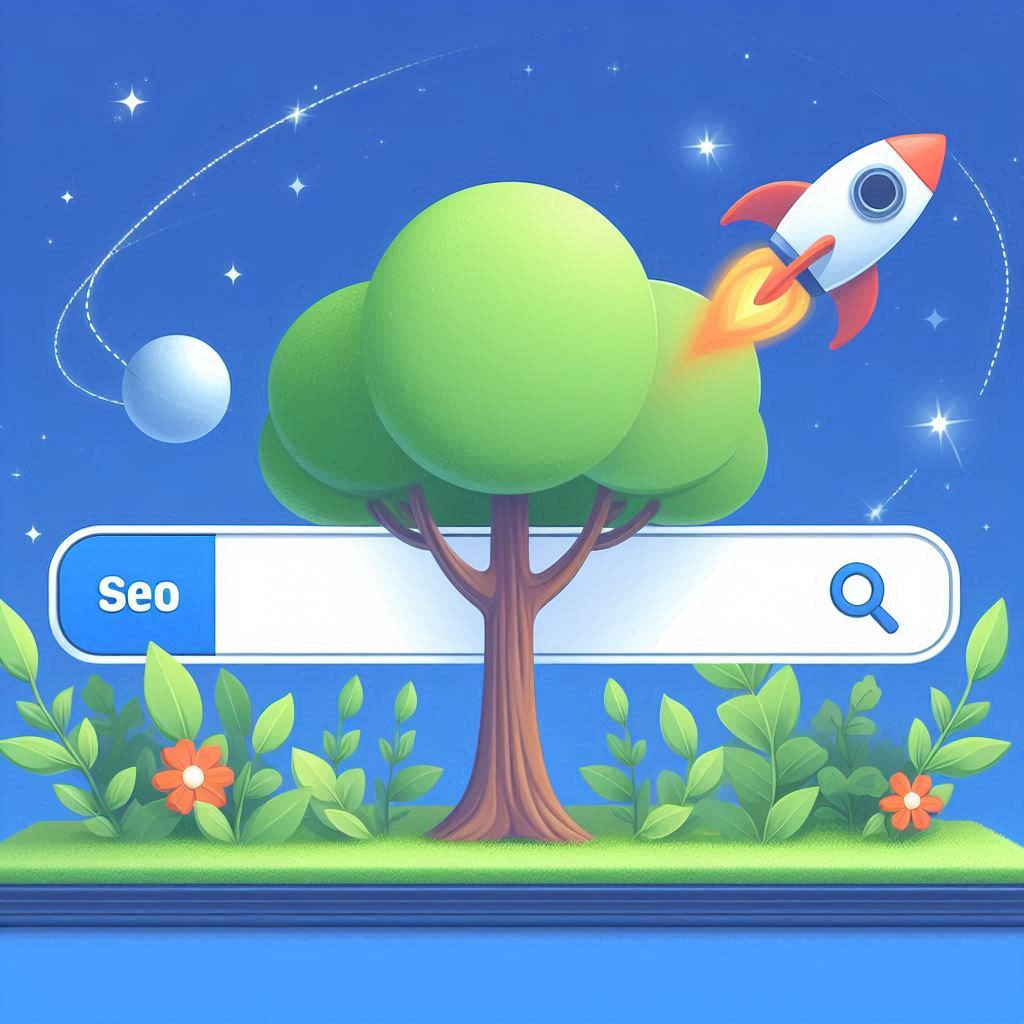In the realm of online visibility, businesses are constantly weighing their options between SEM (Search Engine Marketing) and SEO (Search Engine Optimization). While both aim to drive traffic and boost a brand’s online presence, they do so in fundamentally different ways. This article walks you through a grounded, no-fluff comparison, helping you decide which approach fits your marketing strategy best.
What’s the Difference Between SEO and SEM?
Let’s start with a clear breakdown.
- SEO is the practice of optimizing a website to rank organically in search engine results. It involves improving on-page elements like content structure, keywords, and metadata, as well as off-page factors like backlinks and domain authority.
- SEM, on the other hand, revolves around paid strategies, primarily PPC (pay-per-click) advertising through platforms like Google Ads. It’s about bidding on keywords so your ad appears at the top of search results for immediate exposure.
Short-Term vs Long-Term Goals
One major distinction lies in timing.
- SEM delivers immediate visibility. Once your ad goes live, it’s up there on page one. Perfect for limited-time offers, new product launches, or quick tests.
- SEO takes time to build momentum. But once established, it can bring a steady stream of visitors without ongoing ad spend. If your goal is long-term sustainability, SEO shines.
| Feature | SEO | SEM |
|---|---|---|
| Cost Over Time | Low (after initial setup) | High (continual investment) |
| Time to See Results | Weeks to months | Immediate |
| Sustainability | Long-term | Ends when the budget stops |
| Click-Through Rate | Often higher (trust in organic links) | Can be lower (seen as sponsored) |
| Placement | Below ads in search results | Top of the page (ad positions) |
Control and Flexibility
With SEM, you have more control. You decide exactly which keywords trigger your ads, what your message says, and even what time of day your ads appear. This level of precision targeting can be crucial for campaigns with specific goals.
SEO is less direct in this sense. Search engines decide how to interpret your content and where to rank it. You can guide them through technical SEO improvements and keyword targeting, but you don’t get to pick your exact placement.
Investment and ROI
If you’re tight on budget, SEO is the smarter play. You’ll need to invest in quality content, technical audits, and perhaps some tools or expertise—but the traffic you gain doesn’t come with a per-click price tag.
SEM is more of a faucet: turn it on, and traffic flows. Turn it off, and it dries up. It’s ideal if you’re launching something fast or testing a new audience, but it’s not always cost-effective in the long haul.
Keyword Strategy
Keywords play a key role in both SEM and SEO, but they’re used differently.
- In SEO, keyword research informs your content strategy. You’re looking for a balance of search volume, competition, and relevance.
- In SEM, keywords are part of a bidding game. You need to consider cost-per-click (CPC) and how competitive the term is. A high-converting keyword might be expensive, but if it brings in paying customers, it’s worth it.
When to Use Which?
Here’s the bottom line:
- Use SEO if you want to build a strong foundation for your brand, improve your domain authority, and generate sustainable traffic.
- Use SEM when you need fast results, want to target specific segments, or promote something time-sensitive.
Many businesses blend the two. SEO builds a solid organic presence, while SEM supports targeted promotions and fills gaps.
Final Thoughts
Choosing between SEO and SEM isn’t about picking one over the other—it’s about understanding what each offers and how it aligns with your goals. When used strategically, both can fuel growth, visibility, and success in different but complementary ways.
Need help building your search strategy? Reach out anytime—we’re happy to guide you through. Feel free to contact us anytime.
